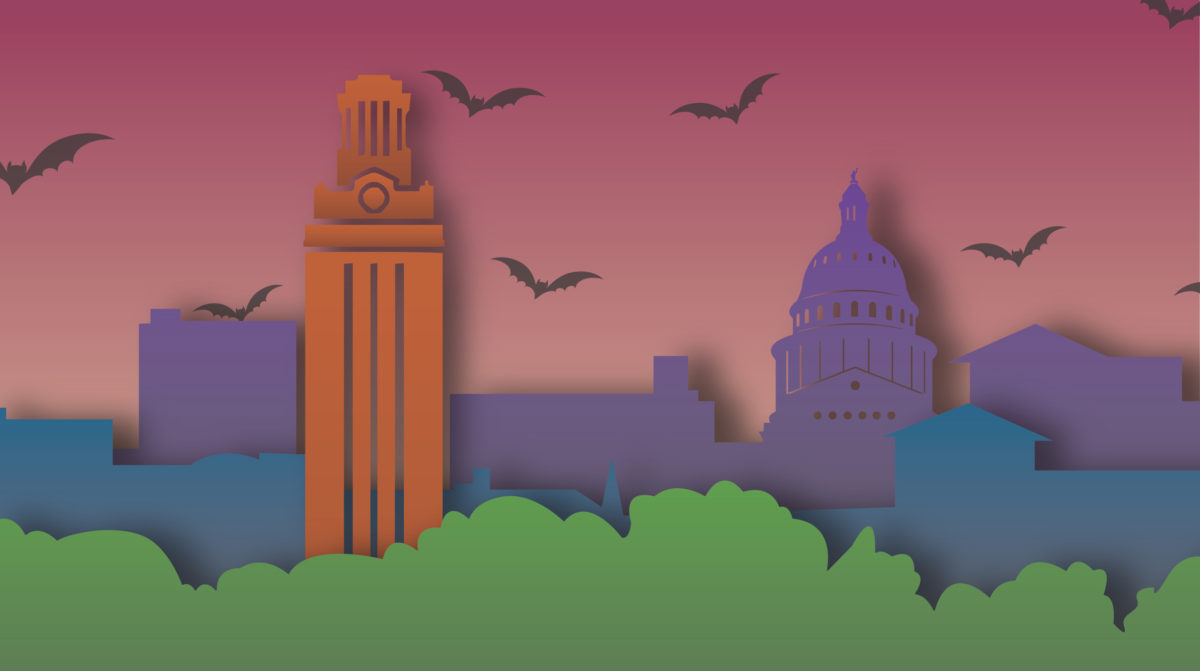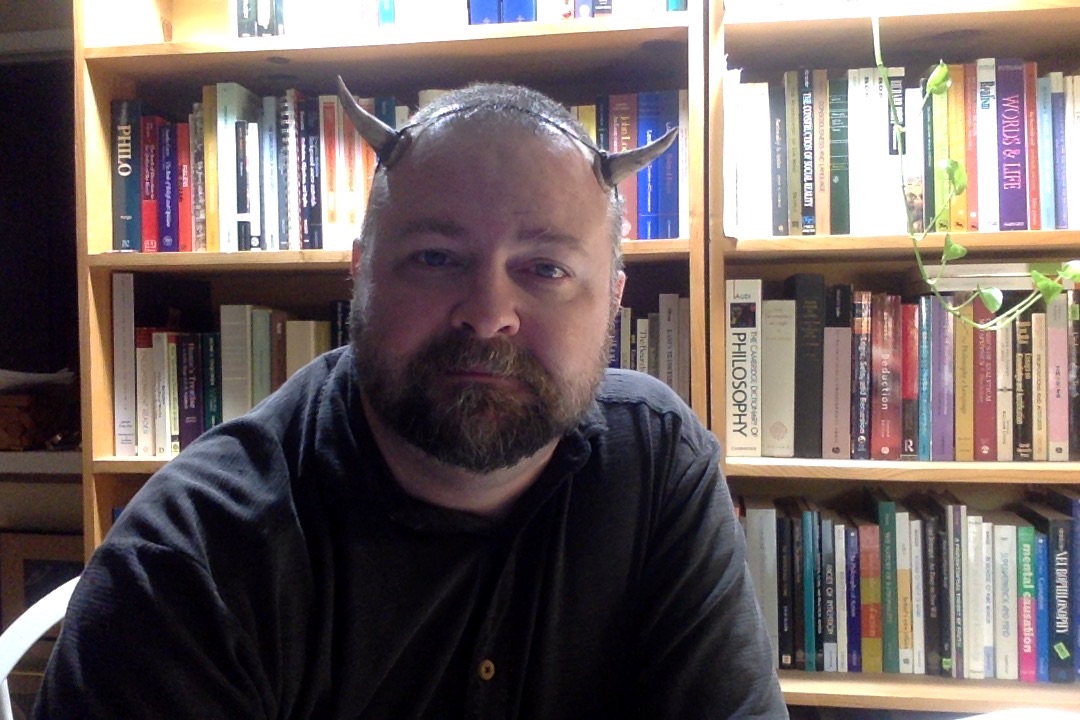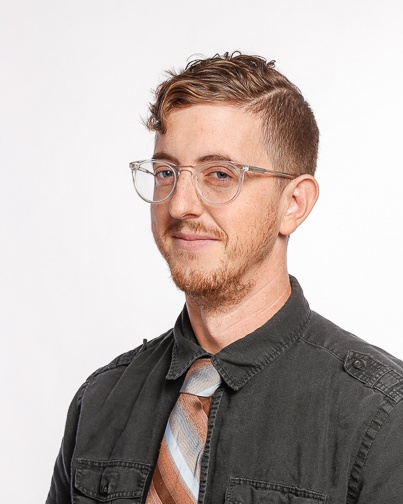The Apostrophe is English’s most duplicitous punctuation. Does this title mean “three is company” or the company three keeps?
I can look at just about any number and tell you, almost immediately, if it’s divisible by three. How do I do it? It’s not superior brute-force calculation. It’s a number theory trick.
Just add all the digits of the number. If the result is divisible by three, then the number you started with is, too. For instance, the forbidding number 67,392 is divisible by three, because 6 + 7 + 3 + 9 + 2 is 27, which is divisible by three. My ACC office telephone number, 512.223.2630, considered as a number, is not. (But my number without the area code is. Try it for yourself.)
Now we come to the curiosities aspect of this post: Why does this work? Or more importantly, why doesn’t it work for any other number, like 7? It’s easy to show that it doesn’t work for 7: Consider 49, or 63. Both divisible by 7, but the sum of their digits isn’t, so it doesn’t
Here’s one way to explain the magic of 3. Think about any number in base 10. It’s laid out like this: a,bcd, which means:
(a * 1000) + (b * 100) + (c * 10) + d
This is the cornerstone of the decimal system, in which “places” represent powers of 10. But you can also write the number above like this:
a * (999 + 1) + b * (99 +1) + c * (9 + 1) + d
which amounts to this:
(999a + a) + (99b + b) + (9c + c) + d
Now think about this. If 999 is divisible by 3, then 999 times a is too. Same with 99b and 9c. The sum of numbers divisible by 3 is divisible by three (Why?), so 999a + 99b + 9c is divisible by 3. What’s left of our original number? Just this:
a + b + c + d
So if this sum is divisible by 3, then the whole number we started with is divisible by 3. That worked for the number a,bcd, but with a little mathematical induction, we can make it work for every number.
And I’m actually even lazier than summing. When I’m looking for divisibility by 3, I ignore all the digits that are divisible by three, and sum the rest. Consider my phone number again: 512.223.2630: Ignore the 3’s and 6’s and add up the rest: 14. Not.
This consummate laziness is brought to us by number theory: The sum of numbers divisible by 3 is also divisible by 3, so we actually don’t need to know exactly what that sum is to know whether it’s divisible by 3. But I don’t like to think of this as laziness. I call it the Principle of Least Effort, and accomplishing things with the least effort was Nature’s intent when she gave us this big brain.
All of which is to say that any number is divisible by 3 if and only if the sum of its digits is divisible by 3. QED.
While we’re here, what does QED mean? We use it to indicate that a proof or argument ended successfully. It’s an acronym based on the Latin phrase, quod erat demonstrandum, which means “what was to be demonstrated.” This phrase caught on just at the end of the Renaissance and was popularized by people like Galileo and Spinoza.
But this all started with Greek mathematicians and philosophers like Euclid and Archimedes, who were studied by people who wrote in Latin a lot. They wrote the Greek phrase ὅπερ ἔδει δεῖξαι at the end of a chain of reasoning. There’s a slight difference in meaning, though, because a reasonable (but stilted) translation of the Greek phrase is “the thing it was needed to prove.”
QED. Or if you prefer, ΟΕΔ.





